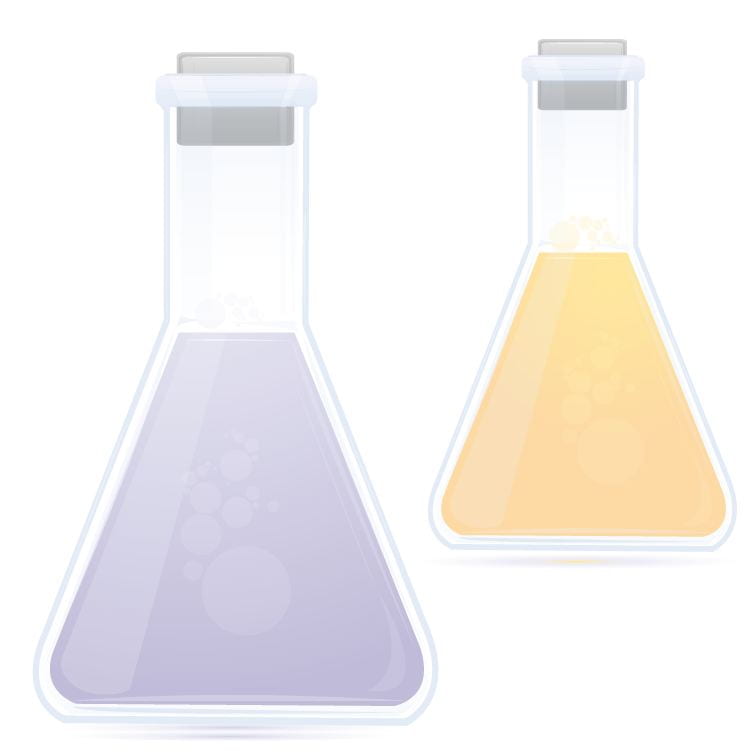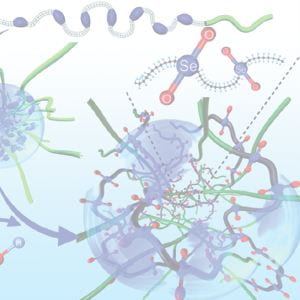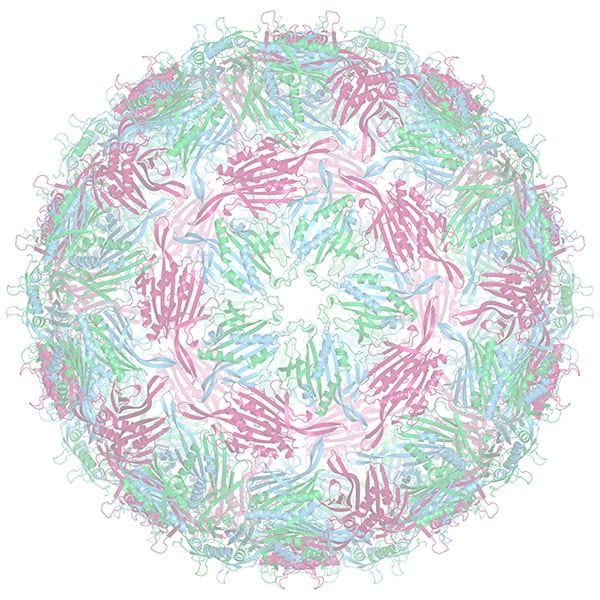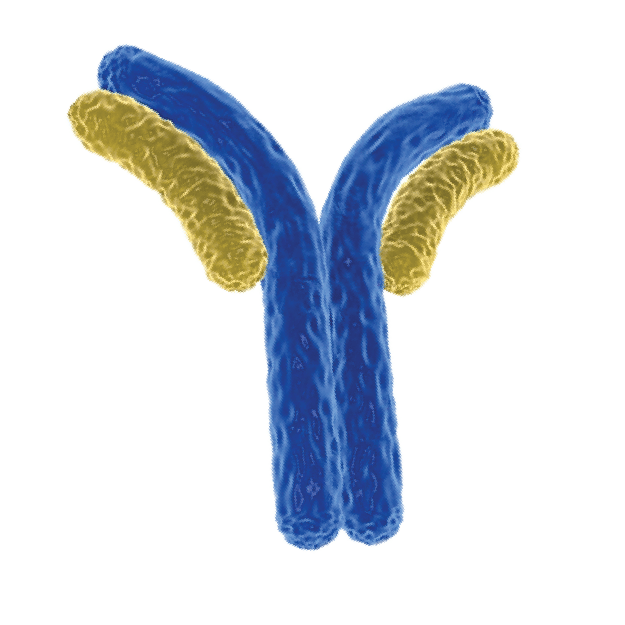Anti-glycan Immunology

Glycans are ubiquitous on most cell surfaces and are present at all host-pathogen interfaces, making them attractive vaccine targets. However, generating humoral immunity against glycan antigens is difficult due to their inability to bind MHC-II and subsequent lack of presentation to B-cells by antigen presenting cells. This immunological limitation can be overcome by forming glycoconjugate vaccines, where synthetic glycan antigens are covalently connected to an immunogenic carrier protein. In close collaboration with the laboratories of Luc Teyton (Scripps) and Paul Savage (BYU), virus-like particles are employed as carrier proteins due to their size, polyvalent capacity, and intrinsic immunogenicity. We routinely generate ultra-high-affinity antibodies against a variety of carbohydrate targets, with particular emphasis on those displayed by pathogenic bacteria.
antibody reagent development with the cdc

Working with the ImmunoDiagnostic Development Team at the Centers for Disease Control and Prevention, we develop high-affinity antibodies to a variety of targets of concern to the public health. These include emerging COVID variants of concern and a variety of molecular toxins. In addition, we work with the CDC to develop new diagnostic tests for pathogen exposure.
Anti-Parasite Immunology

Trypanosomal parasites cause leishmaniasis and Chagas disease in millions of people worldwide, and no vaccine currently exists for these devastating conditions. With collaborators in Brazil and Peru, we are developing both carbohydrate- and peptide-based vaccines against these organisms, with one candidate in preclinical development and others on the way. Parasites have extraordinarily complex biology, which makes them fascinating targets from a fundamental perspective as well. The alpha-Gal trisaccharide, shown here, features prominently in these efforts.



